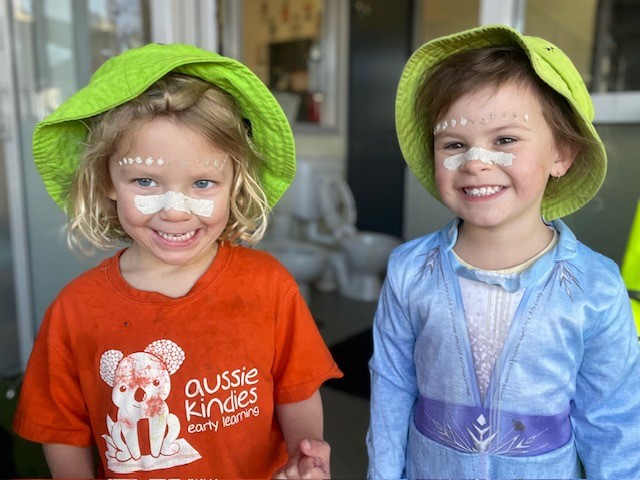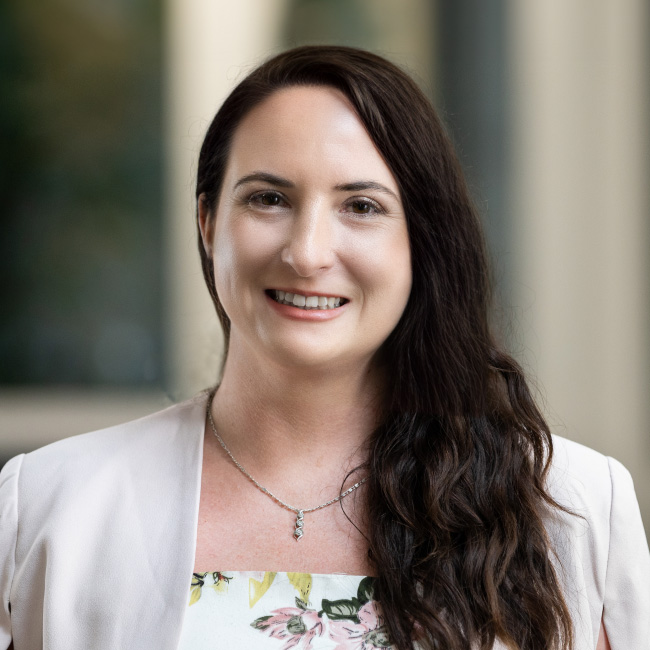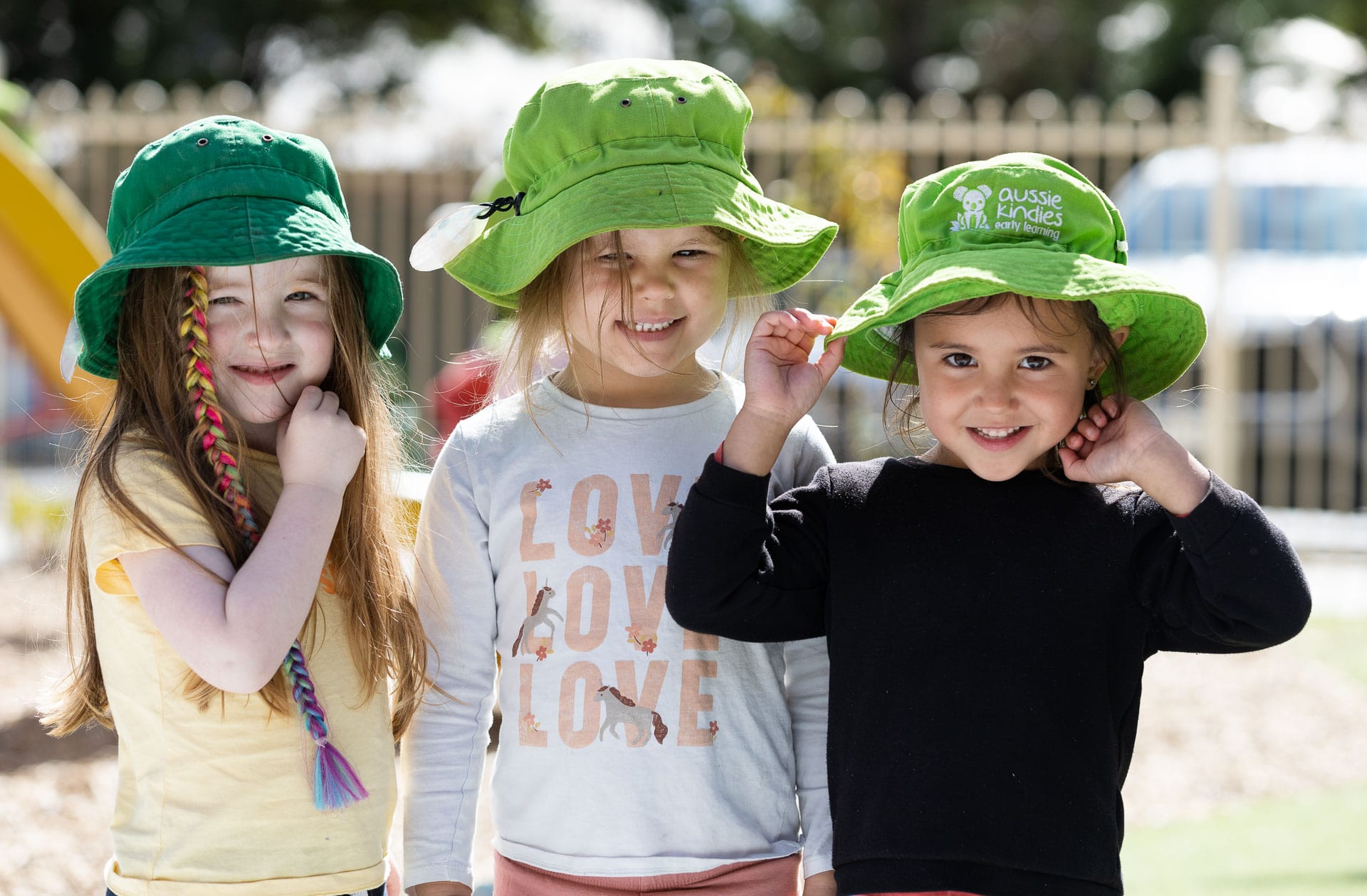
When children reach the Toddler stage, their confidence blooms as they know you are there to catch them if they fall.
Early Experiences Curriculum
They become more curious about anything in front of them and are fascinated by social interactions. It is important to support your Toddlers' behaviours, language, and relationships at this stage to provide them with clear guidance on how to best express themselves in ways that are socially appropriate.
In our Early Experiences Curriculum, our Educators are trained to provide intentional and specific visual guidance on children's language, social and behavioural development, inspired by the Abecedarian approach. From the design of learning zones within the classrooms, the predictable routines, and intentional social plays that our Educators plan for each day, we are always planning to set children up for success in a holistic manner.
Our learning environment helps us learn to play and self-regulate
Research shows that being in a familiar and clearly defined learning environment is an effective strategy to support children's behaviour, as it acts as a visual cue to help children understand what is happening around them to feel a sense of control. Our classroom learning environments, guided by our Lifelong Learning Curriculum, are intentionally designed to provide clear visual guidance to aid children's regulation of their behaviour; for example, our "Toddler Talk" zone is set up as a language and social gathering space for children to relax, read and share stories, whereas our "Move and Groove" zone is a spacious area filled with musical instruments to promote fundamental movements. Our learning environment helps children understand socially acceptable behaviours so they can be supported to engage with the educational resources that are on offer based on the children's latest interests.
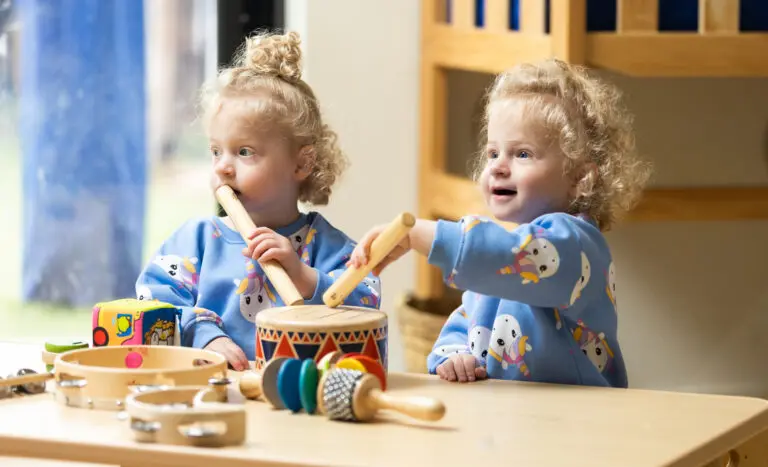
Our consistent daily routine helps us understand our day
Days full of surprises can impact young children's behaviours, as it takes time and experience for all human beings to learn to be adaptable! This is why our Educators always provide a consistent, predictable, yet flexible daily routine for the children. We know it helps children gain a sense of control and understanding of what is happening in their day, which helps with their developing abilities to regulate their behaviours accordingly and set their every day up for success. Do you have any special routines or rituals you do at home that we can incorporate to enrich our day for your child?
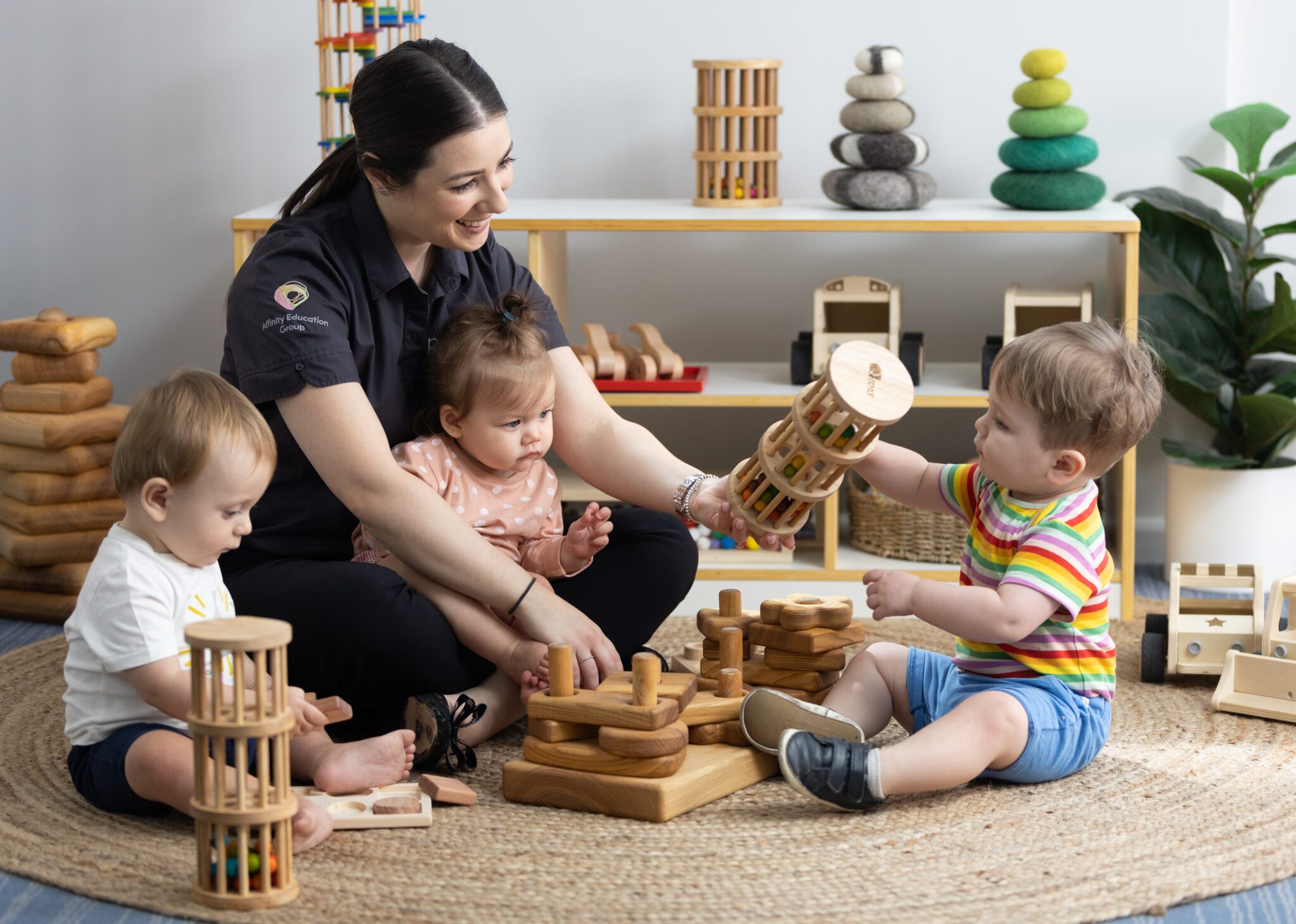
Our Educators help us learn to form friendships
Our Educators are attuned to providing inclusive, positive, and rich learning experiences that help us learn to be kind and interact positively with each other. Learning to share and take turns is fundamental to being able to form friendships. Occasional disagreements with their peers are also a part of a child's social and emotional development. When children get frustrated, biting, hitting, or shouting may occur, which our Educators are trained to support effectively, such as by providing clear guidance on behaviours that are "red choices" and helping children express and regulate their emotions when they are feeling uncertain.
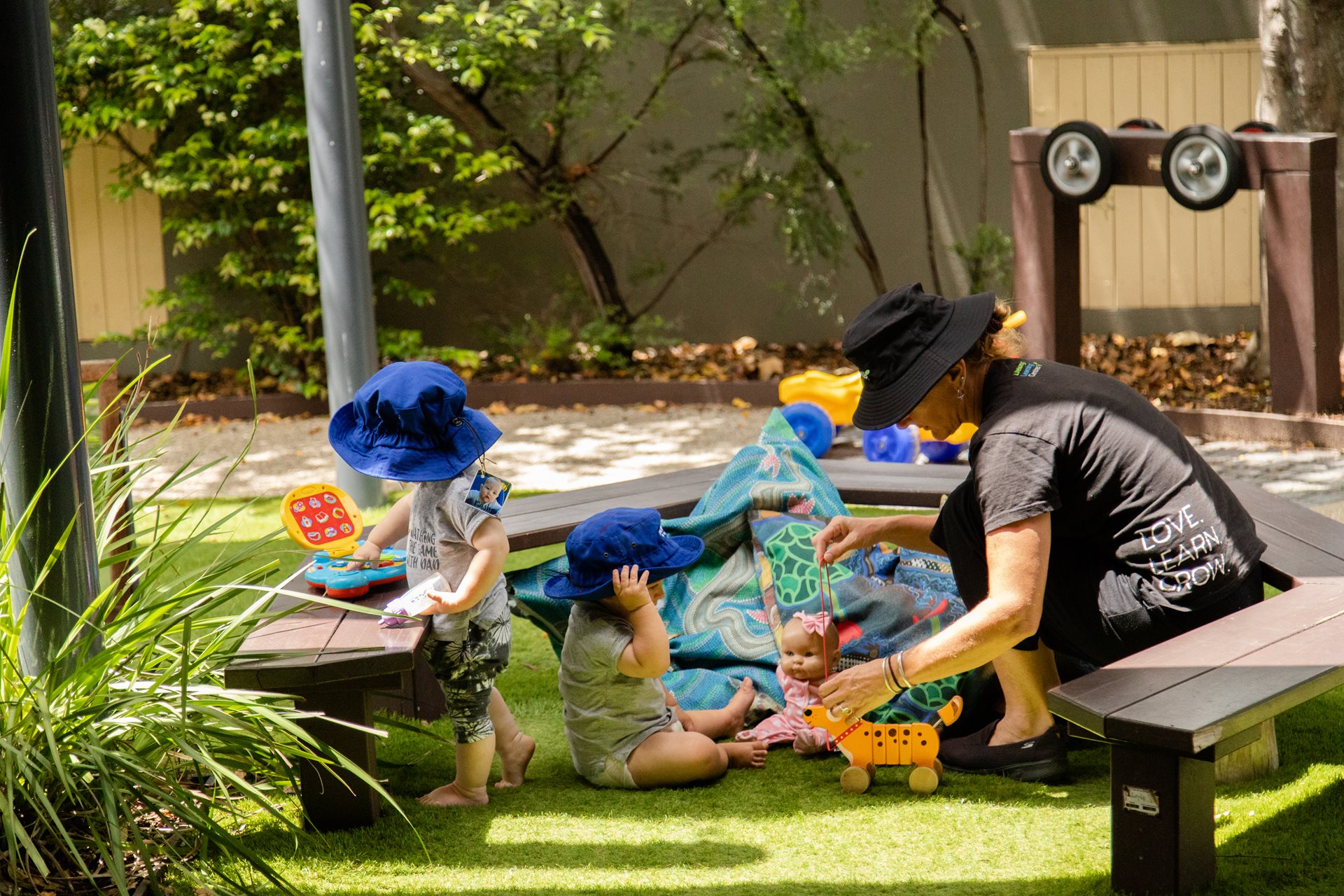
Being with my friends helps us practice kindness, politeness, and a sense of others
Collaborative play opportunities between children of the same age and Educators are regularly promoted in the Early Experience's Room. Every day, our Educators support children to thrive and flourish by nurturing a passion for learning and collaborative investigations. Our intentional set-up offers special learning where your child's sense of wonder, awareness of others and social skills are stimulated. We also regularly incorporate books about friendships, sharing and turn-taking to help children develop an understanding that their actions and responses can affect how others feel, and it's important to be kind!
